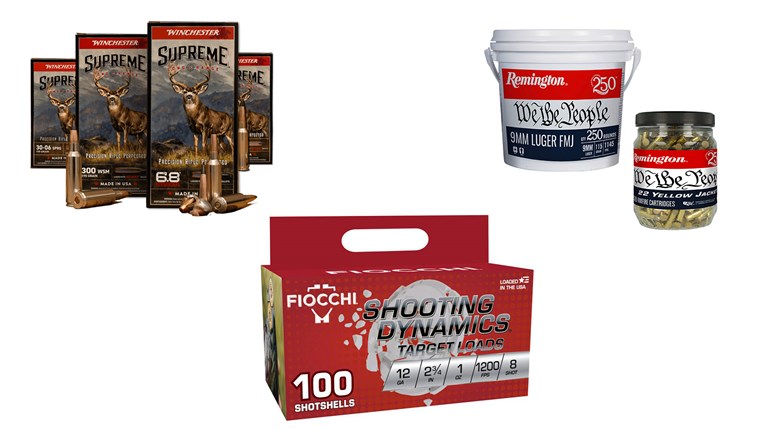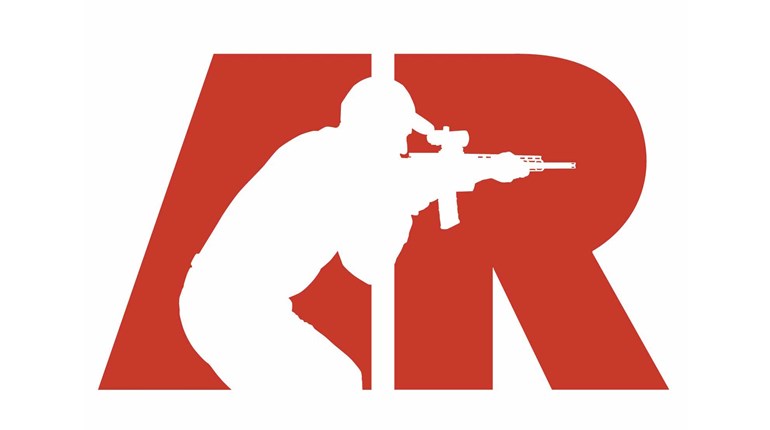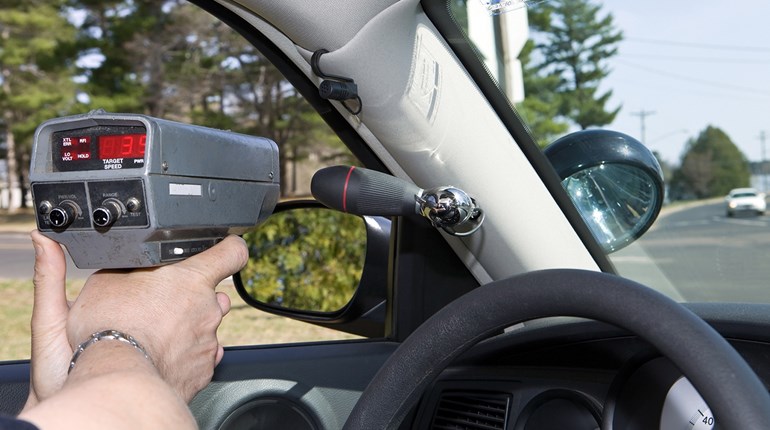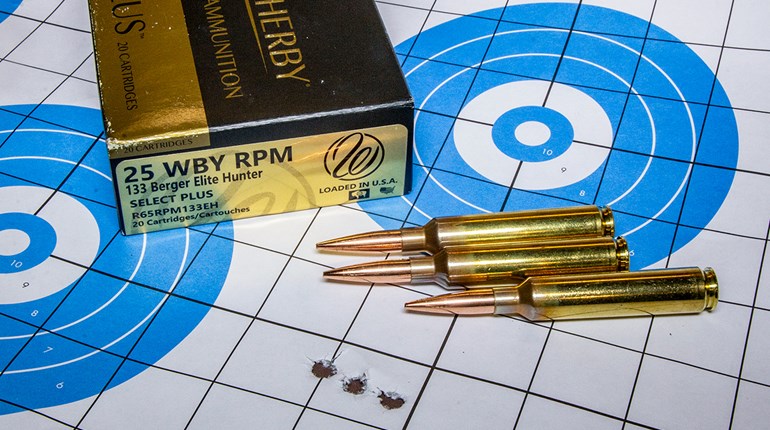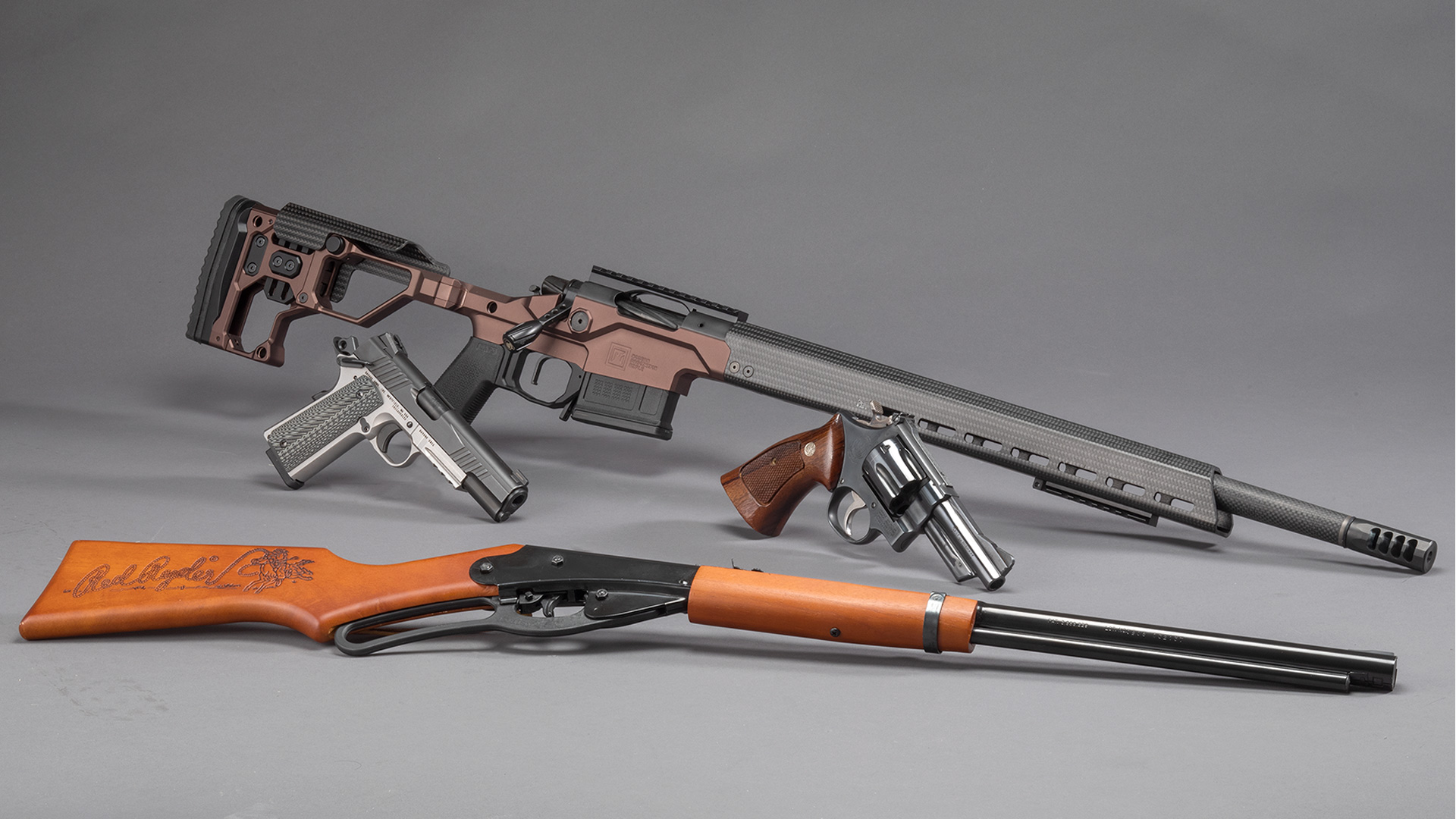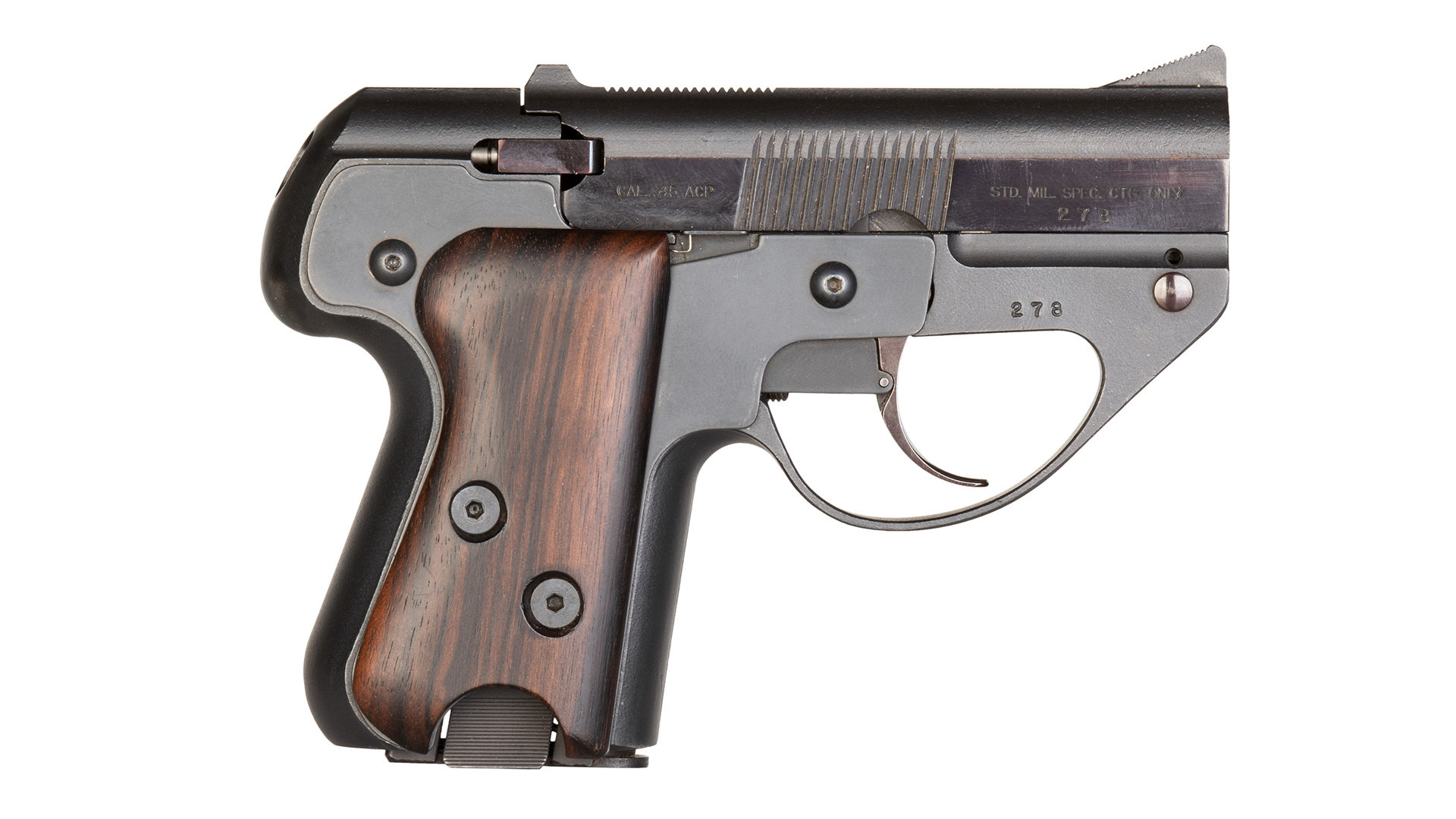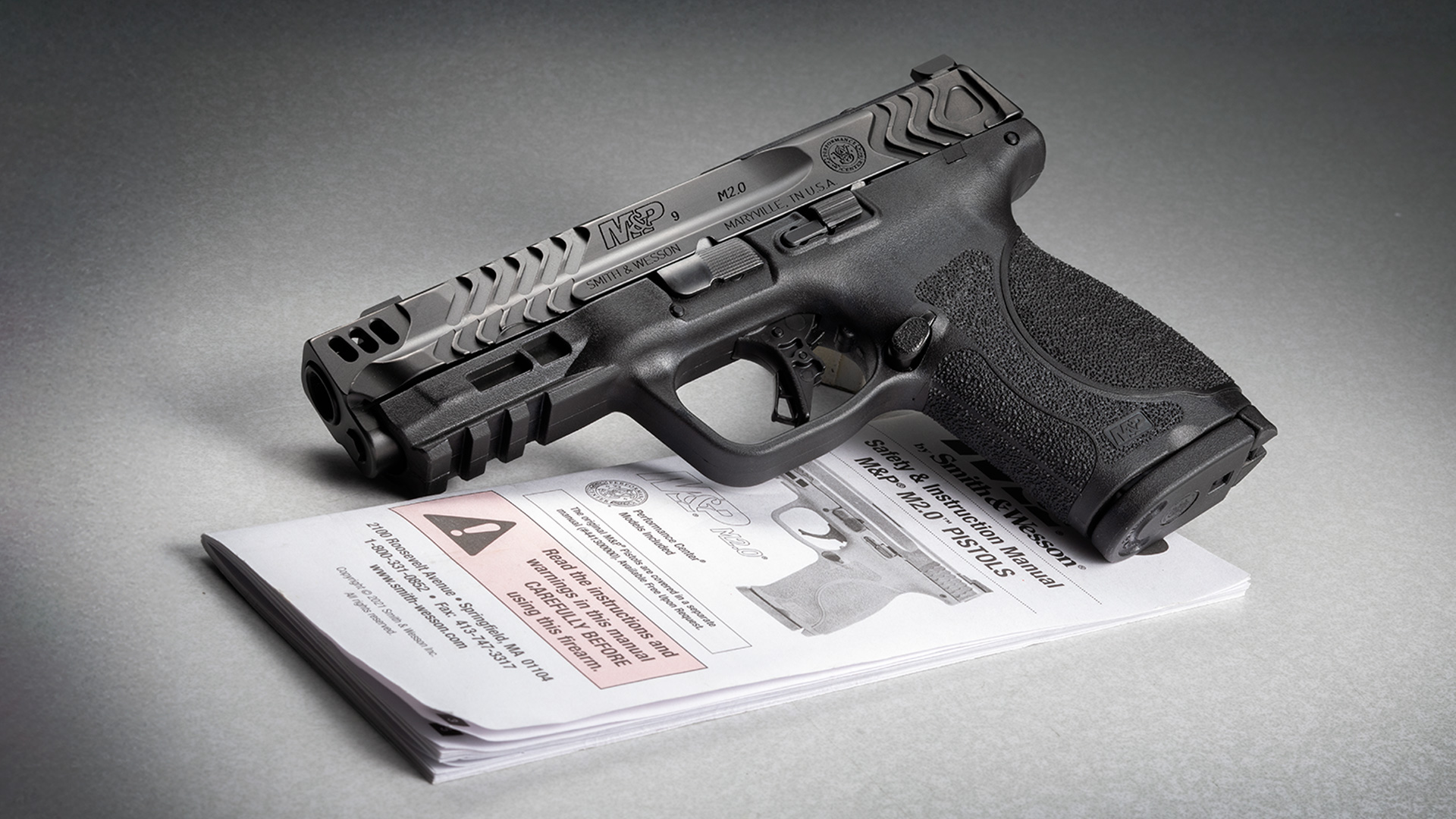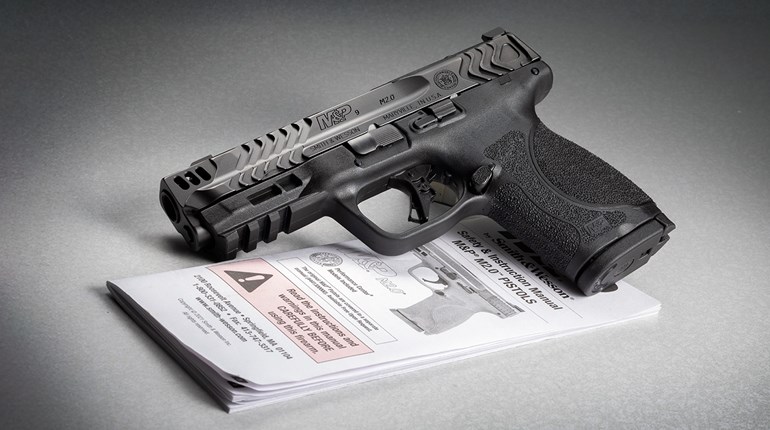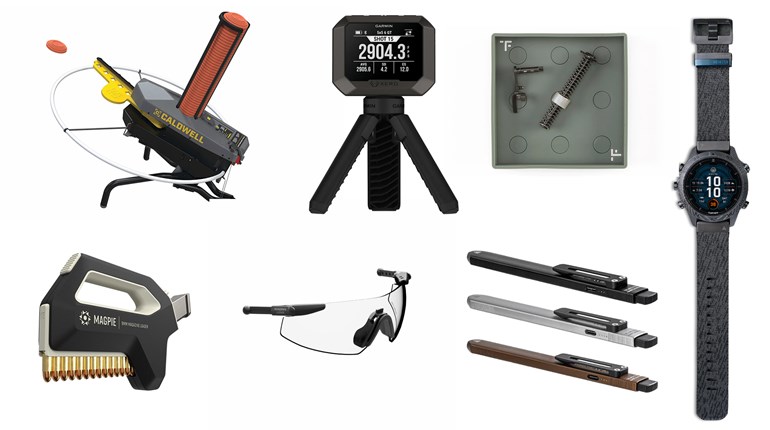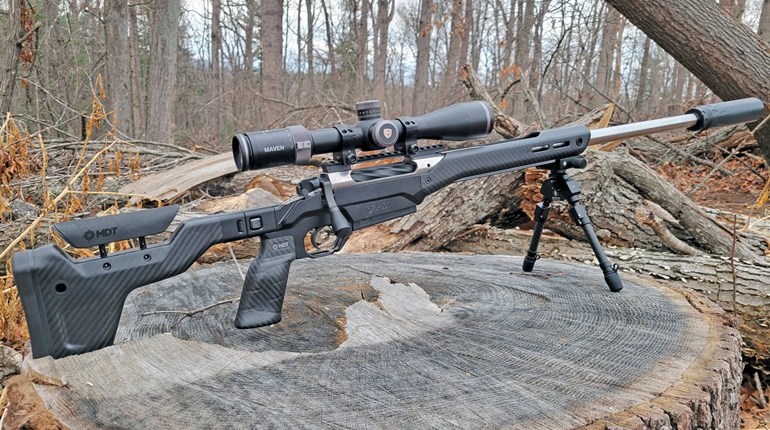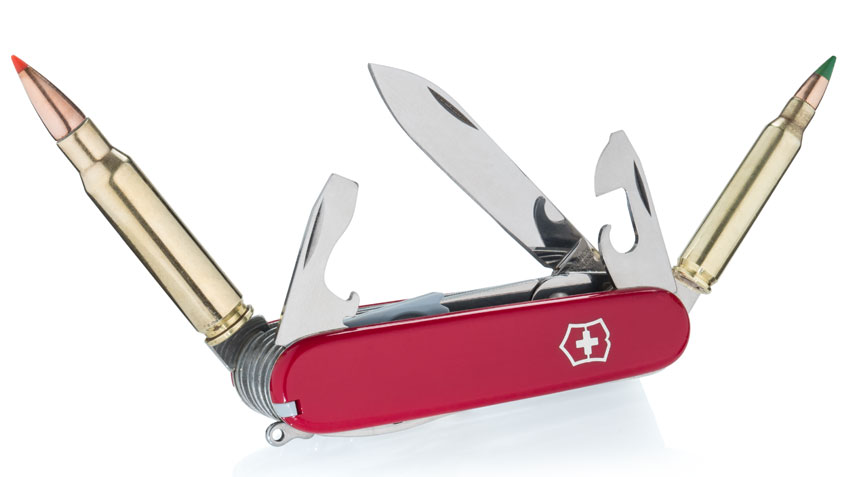
This article, "'Best Bullet for the Buck," appeared originally as a Rifles column in the October 2017 issue of Shooting Illustrated. To subscribe to the magazine, visit the NRA membership page here and select Shooting Illustrated as your member magazine.
Gun buyers are currently enjoying the high-supply side of a firearms market no longer spurred by panic buying. With so many affordable rifle models and configurations from which to choose, one could conceivably have a specific long gun dedicated to each potential need. But, even if that passes your budget-caliber test, the fleet o’rifles idea becomes impractical as you try to balance different chamberings (calibers), multiple sighting systems, magazine types, accessories for each gun and dissimilar operating systems.
A more sensible approach (that will not endear me to other firearms manufacturers/distributors/retailers) is to have one rifle that meets multiple needs. Most modern rifles are adaptable to home defense, hunting, training, competition and recreational shooting needs. With some imagination, good planning and a lot of practice, one gun can cover the gamut. The ammunition that feeds our rifles is often another story.
One of the side benefits of testing several hundred rifles over the past few years is that I have noticed trends in commercial-ammo performance among the most popular chamberings. There is no magic-bullet design or centerfire load that does everything equally well. The most accurate projectiles tend to be poor performers in soft tissue. Bullets that open up like hubcaps usually do not make one-hole groups on targets and can pose feeding problems in semi-autos. Fortunately there are a few common caliber loads that thread the “GP” needle acceptably well. These are not necessarily the least-expensive factory loads, but in most cases they are on the lower end of each caliber’s pricing. Here are a few of the notable budget calibers and corresponding ammo offerings upon which I rely:
5.56 NATO/.223 Rem.
There are lots of good 5.56 NATO and .223 Rem. fliers and equally good expanders but not many that do both equally well. American Eagle’s .223 Rem. 50-grain Tipped Varmint loads are intended for small- to medium-size game, but this round’s very low recoil and flash makes it worth considering for defensive use indoors or at close range. This ammo is exceptionally accurate, regularly turning in five-shot groups between .5-inch and .75-inch at 100 yards in a wide variety of rifles. It also happens to be pretty affordable at 54 cents per round.
An expensive performer is Black Hills Ammunition’s 62-grain TSX load. It runs a whopping $1.40 per round but it expands reliably—including after passing through common barriers and at slower (downrange) velocities. Accuracy stays under 1 MOA in most decent quality barrels with twists between 1:9- and 1:7-inch. You can backup a small quantity of this premium load with PMC Ammunition's 62-grain M855 “Green Tip” ammo. At 33 cents per round, this stuff is a heck of a good deal. It is among the most accurate of all M855/SS109-type loads I have fired and at close range (high velocities) this old military workhorse usually performs well in tissue—so long as shots are placed correctly.
6.8 Rem. SPC
While the enthusiasm for this round has waned in recent years, it is still a capable caliber for a wide variety of needs. The standout load in all my testing is Hornady’s 110-grain V-Max. Accuracy in a good rifle tends to run around .75-inch at 100 yards, but I have seen it shoot much tighter than that. Even though this is a varmint load, I would not hesitate to press its 110 grains into service for defensive use or for hunting medium-size critters. Priced at 78 cents per round, the V-Max is not exactly cheap, but for what you get, it is worth every penny.
.300 BLK/.300 Whisper
Hornady’s [.300 Whisper] 110-grain V-Max and Federal’s 150-grain Fusion loads are both good performers in the guns I have fed them through. Accuracy is solid with either; V-Max (77 cents per round) having the edge while the Fusion (87 cents per round) is probably better for tough game.
7.62x39 mm
This mid-20th century Russian chambering is king of cheap ammo. Fortunately, a couple low-cost (30 cents per round) loads are also fairly decent performers. Wolf and Tula both offer steel-case loads with hollow-point projectiles in the 122- to 124-grain range. I doubt they were intended to be expanders, but I have two friends who work professionally in the varmint/predator-control world and who use these loads exclusively. They report excellent results in everything from raccoons to whitetail deer, and all pest sizes in between. I see battle-rifle accuracy out of these loads, ranging from 1- to 1.5-inch groups at 100 yards. They are hard to beat so long as your rifle will digest steel-case ammo. If you need more accuracy from an expanding projectile, Hornady’s 123-grain SST (steel case) and Federal’s 123-grain Power Shok (brass case) soft point are just the ticket. They both turn in solid sub-MOA performance, but come in a bit higher at 82 and 90 cents per round, respectively. Both make quick work of critters up to whitetail-size.
.308 Win
On the lighter side, American Eagle’s 130-grain JHP load is an exceptionally accurate (.5- to .75-MOA groups) and light-recoiling choice that stabilizes well even in 1:10-inch twist barrels. A price of 72 cents per round puts the load in the lower-cost tier for high-performance .308 Win. Hornady has a pair of gems in its 150-grain SST and 168-grain A-Max loads at 99 cents and $1.04 per round, respectively. While A-Max is made for accurate shooting and not hunting, I have found them to be good on Southern whitetail and have no qualms about relying on this load for defensive shooting. Both shoot well inside of .75-MOA out of good rifles.
I use ammoseek.com to search current pricing for these factory loads. You can pretty much find any currently manufactured factory ammo there. Good loads exist for most rifle calibers, so take the time to find a factory load for your “go-to” gun that meets many needs without breaking the bank. You may save a little money while simplifying your attempts to squeeze the best performance out of your rifle.












